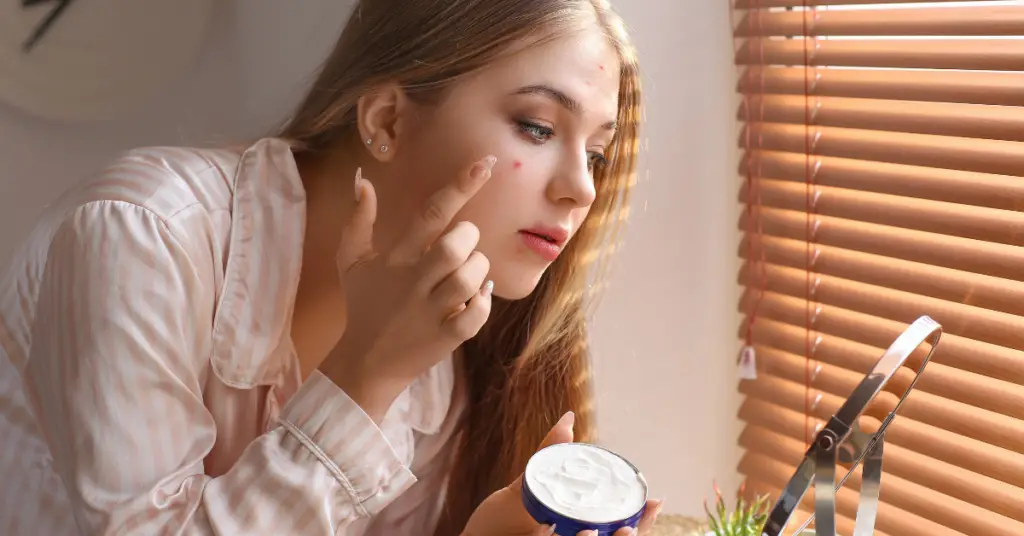
Acne is perhaps the most common skin concern that would affect millions of people all over the globe. While acne is notorious for afflicting adolescents, it can be triggered by all manner of factors — hormonal fluctuations, dietary changes, genetics — and strike adults as well. Although both OTC products as well as prescription treatments work, they often come with adverse side effects. If you want a more soft, natural approach, the best supplement for anxiety is often through homeopathic means.
Now let’s take a closer look at 10 potential natural acne remedies. They all function differently, and it may take awhile to find the one that works for you. All it takes is a little time and trial and error; these remedies will surely impact your personal arsenal.
1. Tea Tree Oil: Nature’s Antibacterial Solution
Tea tree oil is the other powerhouse of antibacterial and anti-inflammatory properties. Tea Tree Oil — Extracted from the leaves of an Australian tree known as Melaleuca alternifolia, tea tree oil can reduce acne-causing bacteria and inflammation.
Usage: Mix 1 part tea tree oil with 9 parts carrier oil (like jojoba or coconut oil) and dab directly on blemishes using a cotton swab. If your skin is sensitive, begin with a stronger dilution. Important: Tea tree oil is very strong, and you should not apply it undiluted – it can burn.
Advantages: Tea tree oil aids in minimizing redness, swelling and inflammation. It doesn’t work overnight but with consistent use, it can reduce the number of breakouts you have at any time.
2. Aloe Vera: Nature’s Wonder Cooler and Heale
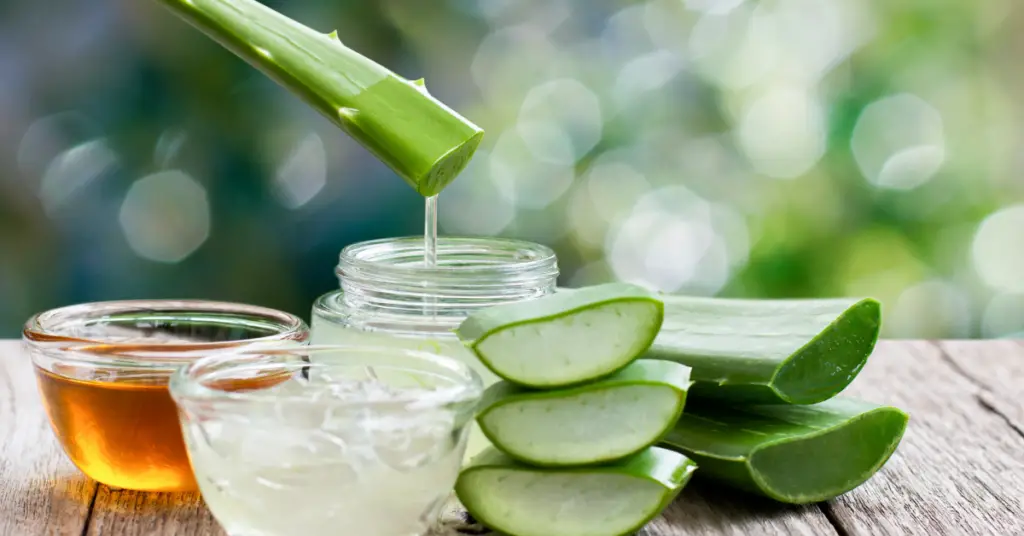
The next closest natural wonder is aloe vera for relieving, moisturizing, and repairing skin. The gel that is packed with anti-inflammatory, antibacterial and antioxidant properties makes it a great mild acne remedy as well as calming agent for inflammation-prone skin.
What to do: Apply fresh aloe vera gel directly on the skin. You can use it as a moisturizer with no added weight, or an overnight spot treatment. Or, you give it a boost by blending it with other skin_nourishing elements like honey for an oxygen-rich mask.
Aloe vera Benefits: This plant is useful for controlling redness, acne scars, and helps to hydrate skin without blocking pores. Perfect for sensitive skin, but gentle enough to use on a daily basis.
3. Apple Cider Vinegar: A Natural Toner
A kind of vinegar known as apple cider vinegar (ACV) is strongly infused with acetic acid, a compound that has well-established antibacterial and antifungal effects. As a result, it can balance the pH of your skin and will, in turn, keep bacteria at a distance whilst also sloughing away dead skin cells.
Usage: Mix 1 part ACV to 3 parts water for a toner. Usage: After cleansing, use a cotton pad to apply. Be a little more careful if you have sensitive skin and always patch test before large application, as ACV can be strong.
Benefits: Apple cider vinegar has some antibacterial properties that might help reduce the bacteria on your skin boosting acne as well as reducing dead skin cells, which cause clogged pores. Potent in post-acne pigmentation busting and skin tone evening, too.
4. Honey — Sweet, Antibacterial GermanArticle
For example, raw honey—well known for its antibacterial and healing properties especially Manuka honey. It is mildly exfoliating, gentle, and soothing.
Usage: Spread a thin layer of raw honey on clean skin, leave for 15-20 minutes, and rinse with warm water. Use as needed — as a mask or spot treatment.
Good for hydration: Honey pulls moisture to the skin, hydrating without oiliness. This not only helps to reduce inflammation and promote healing but also lightens acne marks over time.
5. Green Tea Extract- Provides antioxidant support
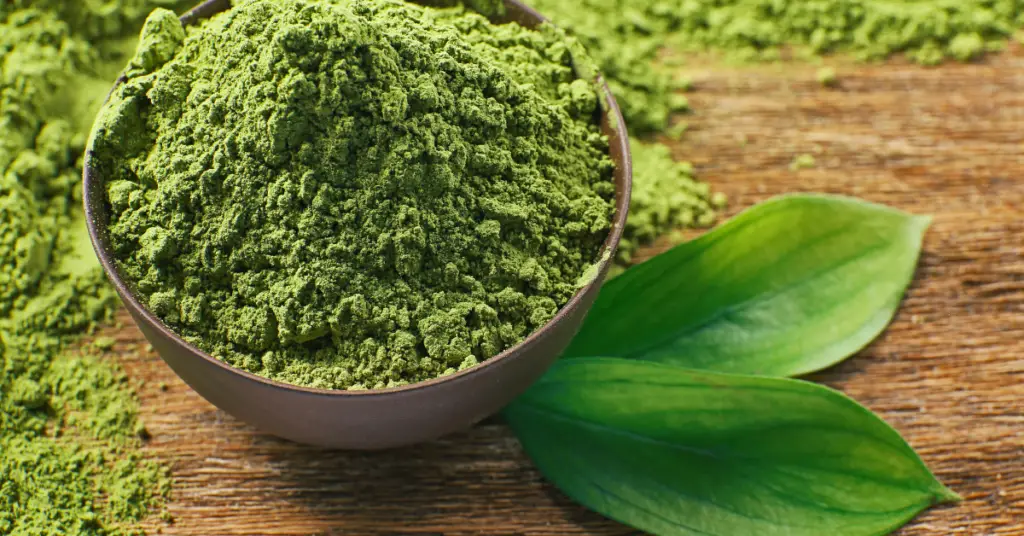
Rich in antioxidants, and especially epigallocatechin-3-gallate (EGCG)—a compound that has both anti-inflammatory and antibacterial action—green tea has been studied for many benefits including reducing the risk of various cancers. Topical application of green tea decreases sebum production and acne lesions.
Usage: After preparing a cup of green tea and letting it cool, apply it to your skin as a toner with the help of a cotton pad or spray bottle. Or, you can find skincare products that do have green tea extract.
Pros: Green tea is one of the most commonly cited natural ingredients, and can lower sebum secretion, severity of acne lesions, and offer antioxidants to combat free radicals that are responsible for skin aging.
6. Witch Hazel: A Natural Astringent
Witch hazel is a natural astringent and anti-inflammatory obtained from the bark and leaves of the witch hazel shrub. Often used to nourish and tools acne-prone skin, help pores feel tight, and reduce your production of oil.
Usage: Apply witch hazel toner directly onto the face using a cotton pad after cleansing, targeting breakout-prone areas. Opt for alcohol-free because it can over-dry the skin.
Benefits: Witch hazel shrinks pores, reduces oil production, and soothes inflammation — without the level of abrasiveness that a few synthetic astringents can have.
7. Turmeric: The Anti-Inflammatory Spice
Turmeric has powerful anti-inflammatory and antibacterial properties that is well known. Curcumin — the active compound in turmeric —can be soothed irritated skin and potentially inhibit the growth of acne-causing bacteria.
Usage: Mix turmeric powder with some water or honey to make a paste Use it as a mask for 10-15 min and then wash thoroughly. Note turmeric can stain skin; use sparingly and be cautious with fabrics.
Benefits: When your acne is more intimate and painful, turmeric comes to the rescue (via Sasson): “Turmeric always helps when there’s redness while reducing inflammation.” It also helps protect against oxidation and over time, fade post-acne pigmentation.
8. Jojoba Oil: Balancing Skin’s Oil Production
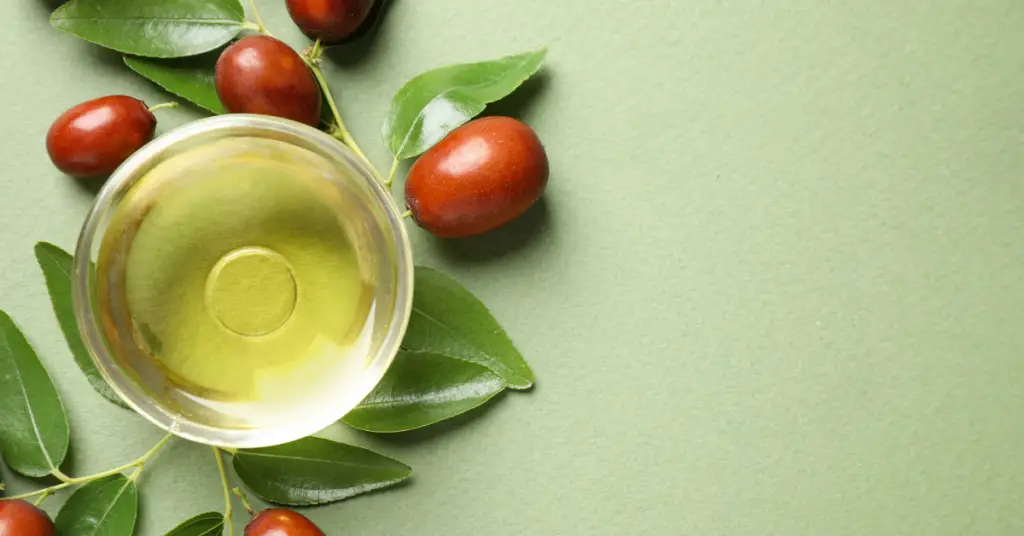
Applying oil to already oily, acne-prone skin may seem counter-intuitive but the truth is that jojoba oil is helpful. It consists of the same fluid our skin secretes as natural sebum, to regulate oil production avoiding pore blockage.
Usage: Jojoba Oil can be used on its own or after moisturizer, just a few drops directly to skin. You can also combine it with tea tree, and lavender essential oil for better benefits.
Advantages: Jojoba oil retains moisture, balances the surface of the skin, and does not clog pores, so it is even suitable for oily or acne-prone skin. It can also aid in healing, reducing scarring.
9. Zinc supplements: Internal remedy for acne
About Zinc: an important trace mineral for immunity and anti-inflammatory activity Research indicates that oral zinc supplementation helps moderate to severe acne but less so for mild acne.
Usage: Speak to a health professional before starting supplements, as an excess intake can cause side effects. A dose of 30–40 mg per day for acne treatment is seen in the literature, although it can be given as zinc gluconate or zinc sulfate.
Benefits: Zinc can inhibit inflammation, manipulate immune activity and reduce bacterial effects on the skin. Internally zinc may help with the regulation of hormones, causing less breakouts however – too much can also have negative effects and should be taken under the guidance of a doctor!
Oatmeal: For Mild Scrubs and Best Calming Solution
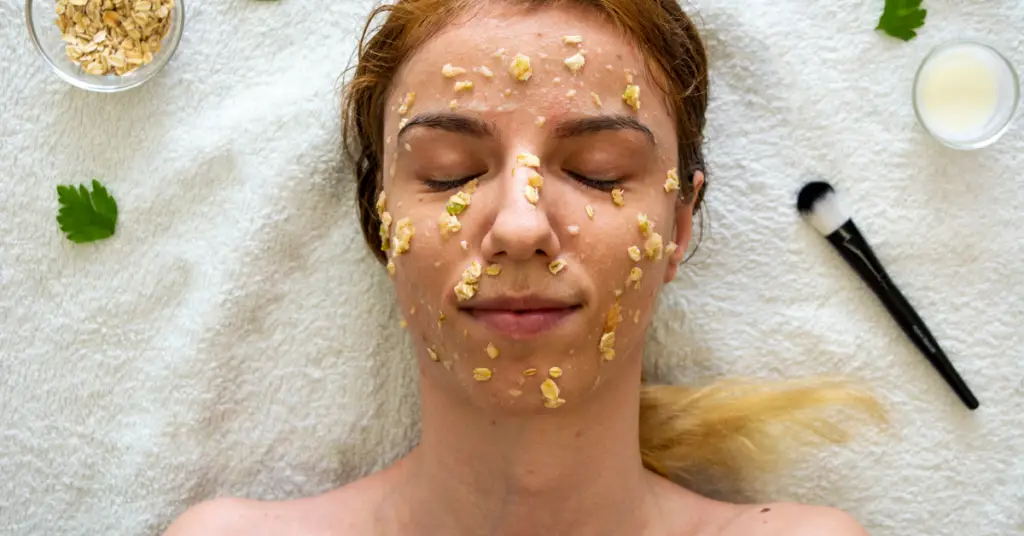
Oatmeal acts as a gentle exfoliator and softener of skin, it is great for those with sensitive or irritated skin. It is filled with anti-inflammatory and antioxidant compounds that soothe the redness and swelling associated with acne.
Usage: Mix the oatmeal with water or honey to make a paste. Use as a face mask for 10–15 minutes and wash off with warm water. Colloidal oatmeal, ground up finely fine texture to make colloid oatmeal even gentler.
Benefits: Oatmeal works to gently exfoliate the top layer of skin, absorb excess oil, and calm inflammation. The texture makes it ideal for sensitive skin requiring calming relief.
In Conclusion:
However, no one gets clear skin overnight and the road there differs for everyone – what works for one simply does not work for another that is a fact. Try natural remedies until you have paid close attention to the reactions of your skin and allow for time to see how they affect you. Over time, with some trial and error — a trial of ingredients that your skin likes, or not — you may find the regimen that allows your skin to flourish without help from products.